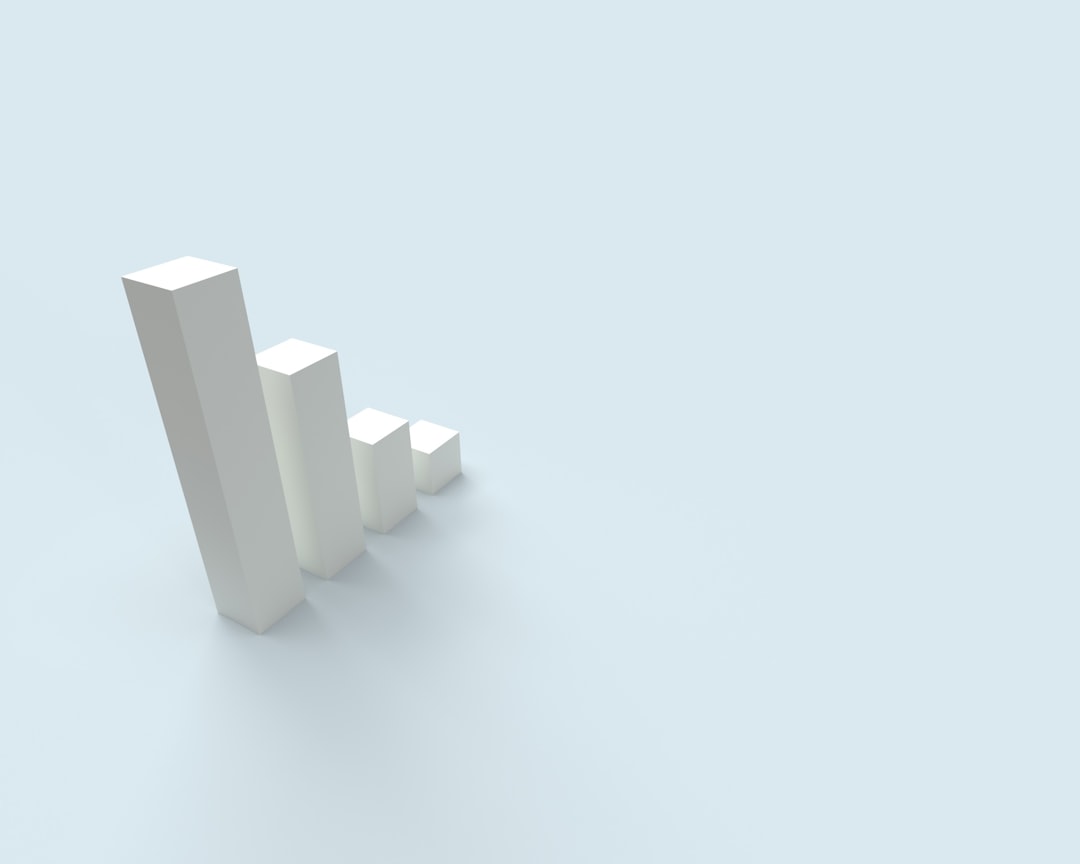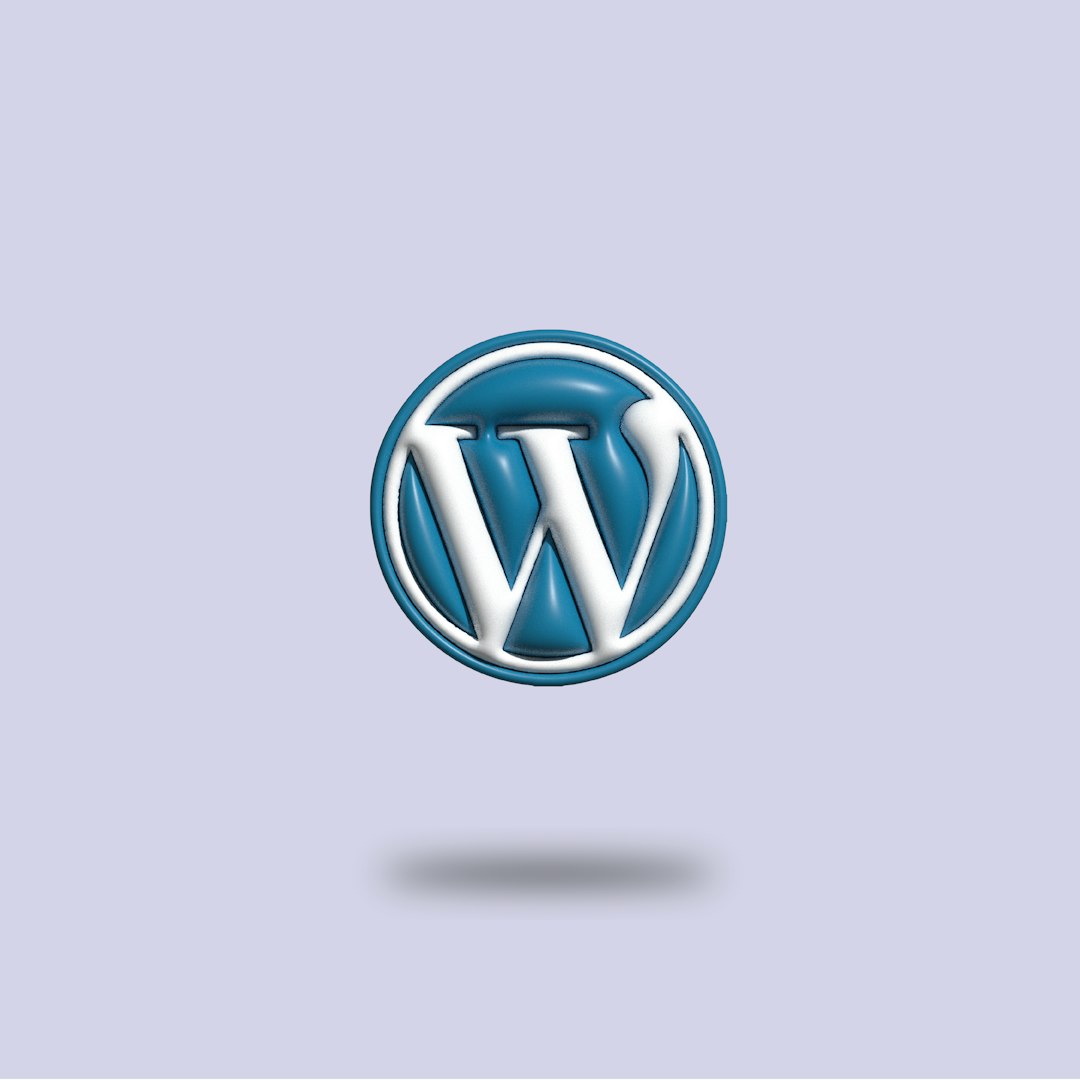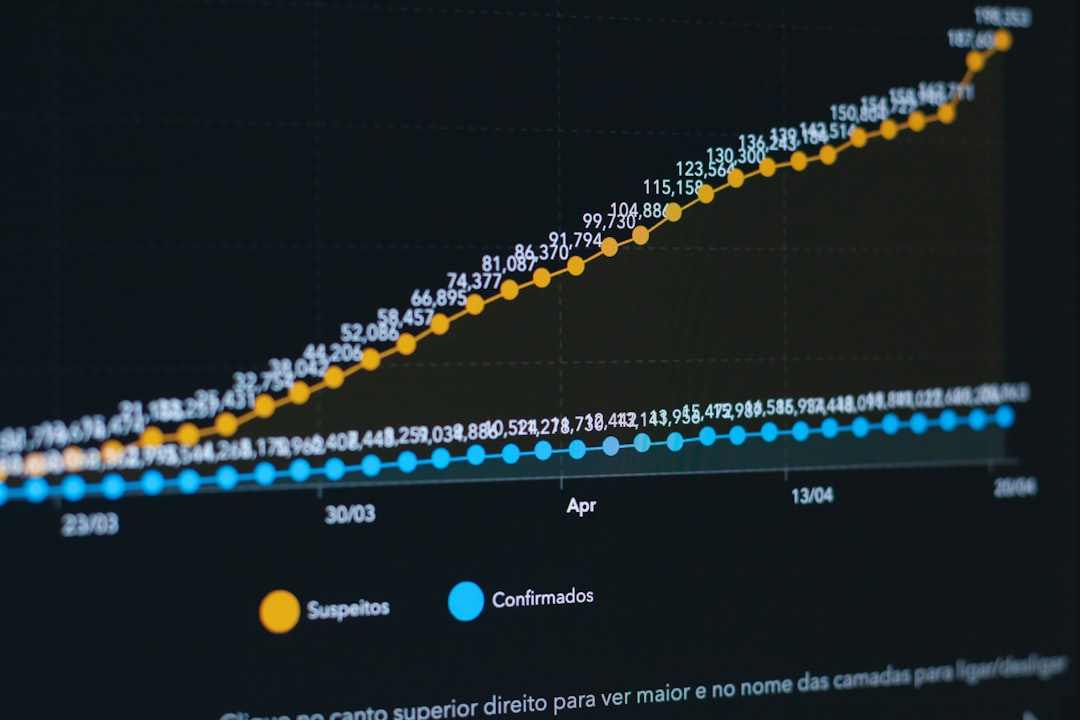Choosing the right PHP version for your WooCommerce store is one of the most critical decisions you can make as an online store owner. It directly affects your site’s speed, security, compatibility, and overall functionality. As WooCommerce relies heavily on PHP, the server-side scripting language that powers WordPress, staying informed about the best PHP version ensures your store runs efficiently and remains secure against potential threats. This guide explores how to choose the optimal PHP version for WooCommerce and why your choice matters.
Why PHP Version Matters for WooCommerce
PHP is the engine behind WordPress and WooCommerce, responsible for executing the code that drives templates, plugins, themes, and backend functionalities. Just like updating your mobile device gives you access to new features and better performance, upgrading your PHP version can give your site:
- Improved Performance: Each newer PHP version handles code execution more efficiently, decreasing load times and improving overall speed.
- Better Security: Supported PHP versions receive security patches. Older versions leave your site vulnerable to exploits.
- Plugin and Theme Compatibility: Many modern WooCommerce themes and plugins are optimized for newer PHP versions and may not work well with deprecated versions.
Your choice of PHP version has a direct impact on visitor experience, your site’s SEO performance, and revenue potential. A slow or insecure site can push customers away and lower your search engine ranking.
Supported PHP Versions for WooCommerce
WooCommerce, being a plugin for WordPress, relies on the PHP guidelines set by WordPress.org. As of early 2024, WordPress recommends PHP version 7.4 or higher. However, WooCommerce often functions better on even more recent PHP versions.
Here’s a rundown of the common PHP versions and their status:
| PHP Version | Status | Recommended For |
|---|---|---|
| 7.4 | End-of-life (EOL) as of November 2022 | Upgrade recommended |
| 8.0 | Security support through November 2023 | Still usable with caution |
| 8.1 | Fully supported | Preferred minimum version |
| 8.2 | Current stable | Highly recommended |
| 8.3 | Latest release | Use for top-tier performance (testing compatibility required) |
Note: Always consult the official WooCommerce and WordPress documentation before making server changes. Check plugin and theme support for each PHP version.
Performance Benchmarks: Faster Load Times
PHP 8 and newer versions come with significant performance improvements compared to PHP 7.4. Benchmarks from various hosting providers and WordPress performance labs show improvements such as:
- Up to 30–50% faster processing
- Reduced CPU usage on web servers
- Fewer compatibility errors with modern code and libraries

These gains in speed are especially critical for WooCommerce stores, where seconds shaved off page loads can influence cart abandonment rates and customer satisfaction.
Steps to Check and Change Your PHP Version
If you don’t know your current PHP version or want to change it, here’s a straightforward guide:
- Check your current PHP version.
You can do this by:- Going to your WordPress dashboard » Tools » Site Health » Info
- Asking your hosting provider or checking through cPanel or Plesk
- Review plugin and theme compatibility.
Confirm that all installed plugins and your WooCommerce-compatible theme support the newer PHP version. - Backup your site.
Before upgrading PHP, back up your files and database to avoid data loss in case issues arise. - Change PHP version via hosting control panel.
Most hosting providers like SiteGround, Bluehost, and GoDaddy allow you to change PHP versions via cPanel or a similar interface. - Test your site thoroughly.
After changing versions, test all pages, checkout functionality, and WooCommerce configurations.
If you’re unsure about the process, contact your hosting provider’s support or consider hiring a developer for safe migration.
Best Practices When Upgrading PHP
Choosing and upgrading PHP isn’t just a set-it-and-forget-it process. Follow these practices to minimize errors and maximize performance:
- Use a staging site: Test changes on a staging copy of your site before applying them live.
- Update everything: Update WordPress core, WooCommerce, plugins, and themes before changing PHP versions to ensure compatibility.
- Monitor error logs: After upgrading, keep an eye on server error logs. They’ll help spot issues caused by deprecated functions.
- Stick to the WordPress recommended configurations: Follow WordPress requirements for optimal results.

Choosing Based on Hosting Provider
Different web hosting companies offer different levels of PHP version support. Some platforms like Kinsta, WP Engine, and Cloudways offer easy switching between versions using their control panels and generally stay up to date with the latest stable PHP versions.
Make sure your chosen host allows you to run supported PHP versions and provides proactive updates. Hosts that lag behind in offering newer versions can negatively impact your store’s functionality and security.
When NOT to Upgrade Immediately
While upgrading is beneficial, some situations call for a delay:
- If your premium plugin is not compatible with the latest PHP version
- When your developer is still testing compatibility
- If you’re in the middle of high sales activity (e.g., Black Friday) and can’t afford unexpected downtime
In such cases, prepare for the upgrade in advance, perform thorough testing, and schedule the transition for a low-traffic period.
Conclusion: A Smart Investment
The PHP version your WooCommerce store runs on is more than a technical detail—it’s a strategic asset. By keeping your server’s PHP version updated, you ensure your store stays fast, secure, responsive, and compatible with the latest technologies. Whether you’re running a small boutique or a high-volume eCommerce platform, this is one area where a little attention can deliver significant returns.
Frequently Asked Questions (FAQ)
- Q: What is the best PHP version for WooCommerce?
A: As of 2024, PHP 8.1 or 8.2 is considered best, balancing performance, compatibility, and stability. - Q: Can WooCommerce run on PHP 7.4?
A: Technically yes, but it is no longer supported and can expose your store to security risks. - Q: Will upgrading PHP version break my website?
A: Not if you prepare properly. Always back up your site, test on a staging server, and confirm compatibility before you upgrade. - Q: How can I check if my plugins are compatible with a higher PHP version?
A: Check the plugin documentation or contact the developer. Many premium plugins list their PHP compatibility officially. - Q: Do hosting companies assist with PHP upgrades?
A: Most modern hosts offer tools to change PHP versions easily via control panels. However, managed hosts like WP Engine or Kinsta also offer personalized support for version changes.



